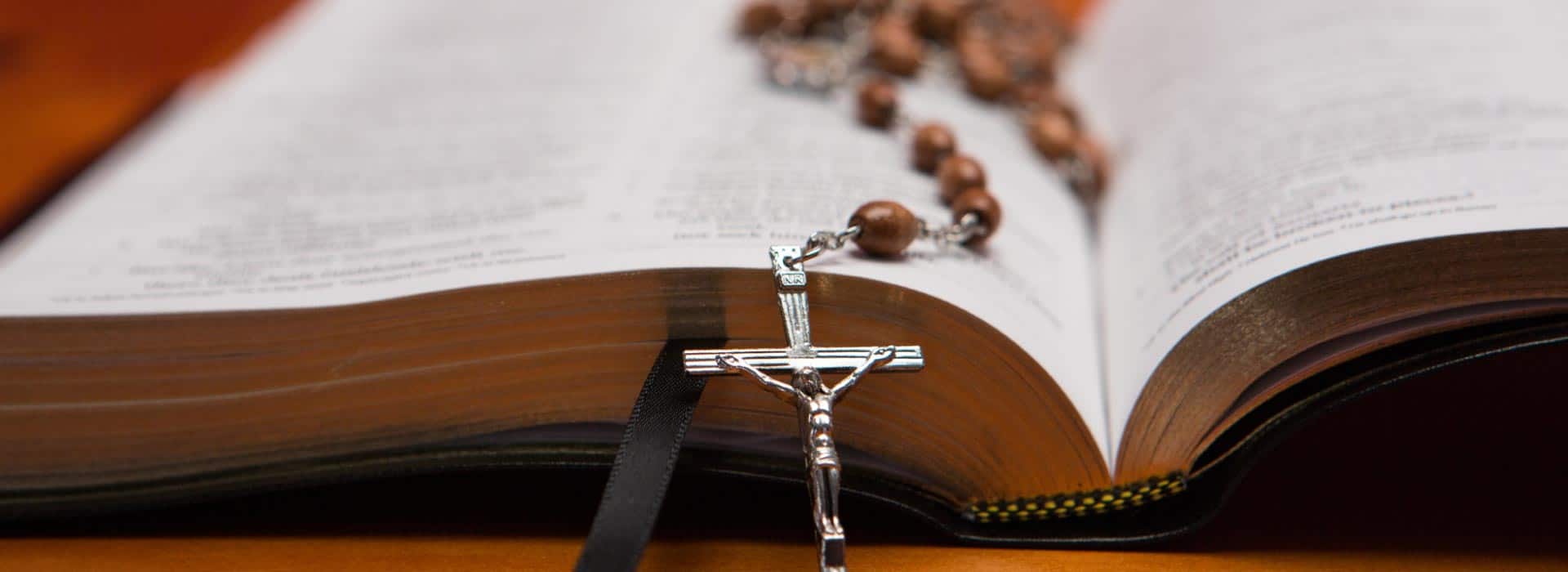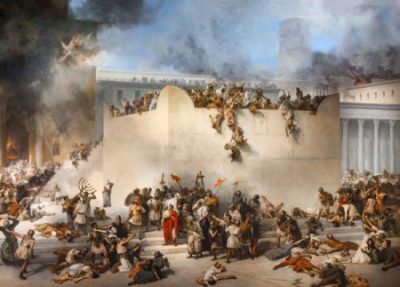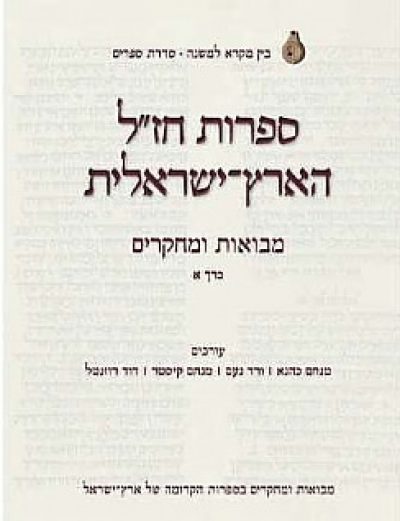In Germany (originally) in the mid-19th century, a new kind of Jew emerged, a Jew who accepted Halacha and Rabbinic authority but who also wanted to be part of the modern world. This is what is usually referred to as Modern Orthodoxy, indicating the determination to be part of the modern world without sacrificing any aspects of the Halacha, the traditional way of life mandated (so it is believed by proponents of this as well as Haredi Jews) by God and fleshed out by the Rabbis for almost two millennia. These Jews believed and believe today that it is possible to embrace modernity without sacrificing any of God’s laws or commandments. However they believe that many of the things that are seen by Haredi Jews as Divine law are in fact human traditions, that do not have the force of law and which are not Divine in origin. As such, according to them, these things are not part of the Halacha and are therefore not binding on Jews. They are rather traditions that were adopted at one time and place by Rabbinic decision or recommendation and should not be seen as binding them today in a different time and place.
In addition, Modern Orthodox Jews believe that there is a great deal in the learning and culture of the modern world that is part of God’s world and which can and should be embraced and welcomed – as long, of course, as it does not undermine Halacha in terms of God’s law. If we one of the things that defined Haredi Jews from the beginning was a defensive attitude towards the modern world which encourages the creation of distance from that world, this is not something we see with Modern Orthodox Jews. It is a major difference.

There are Modern Orthodox Jews in many different parts of the Jewish world but in Israel, they form a large and important sub-group of the Jewish population, where they are known as “Dati Le’umi” (national religious). To an extent they are identifiable through their dress which is modern, but modest, with men wearing (usually, knitted) kippot or head coverings while married women tend to cover their heads with scarves or hats outside the home and wear fashionable but modest dress which is careful not to expose too much flesh to the eyes of passers-by. Up until 1967, almost all Modern Orthodox Jews in Israel highly identified with Zionism, believing that the State of Israel was a political framework with Divine value, being part of God’s plan for the world. However, on the whole they tended not to be overly interested in politics as long as their religious rights and needs were respected. But this changed for many after the 1967 war, whose clear and rapid “miraculous” Israeli victory was understood as being a clear sign of God’s plan and where the taking of the ancestral heartland of ancient Israel (in the historical areas of Judea and Samaria – the West Bank), was seen as representing a God given returning of the historical Land of Israel to the original Jewish tenants from thousands of years ago at the time of the Bible.
This created an enormous burst of religious enthusiasm for most of the Israeli Modern Orthodox population who felt that God had given a clear endorsement to the Zionist project and to the Jewish “return to history” and that the religious task of the day was to begin settlement in the areas which by their understanding, had been liberated by God. Thus we get the beginning of the settler enterprise and while it is true that not all of the settlers in the former Biblical areas of the West Bank are religious (and, it should be said, not all Modern Orthodox Israeli Jews support the settlement movement); the energy and enthusiasm that has played such a large part in the settlement project, has indeed mostly come from those in this group for whom politics, settlement and religion now became largely intertwined.
One interesting development that should be mentioned in relation to this group is the changing self-definition which many women in this group have begun to adopt over the last two or three decades. Traditionally, in the Jewish religious world, a woman’s role was defined primarily in domestic terms and she was expected to be content with a defined role as wife, homemaker and mother. One of the aspects of life which was seen as being illegitimate and “out of bounds” for women within the traditional Jewish world, was the world of learning and this was particularly noticeable in a world which prized excellence in Jewish learning above almost all other achievements (for men).

Under the impact of feminist thought which began to affect the Jewish world in the 1970’s, very strongly and quickly impacting women in the liberal streams of Judaism (which we have not yet introduced), more slowly but no less significantly, women in the Modern Orthodox began to be influenced by the new ideas and to start to question the traditional suppositions about their roles. As a result of their initiatives and needs, courses and institutions of serious Jewish learning began to develop and large numbers of educated and scholarly women began to appear in the Modern Orthodox world who demanded a reassessment of the narrow roles that traditional Judaism had assigned them. It is too early to see where these changes will lead. Predictably, there are large groups of men within the community who oppose such changes, but there is no question that this is an area of Modern Orthodox life that will continue to change.






